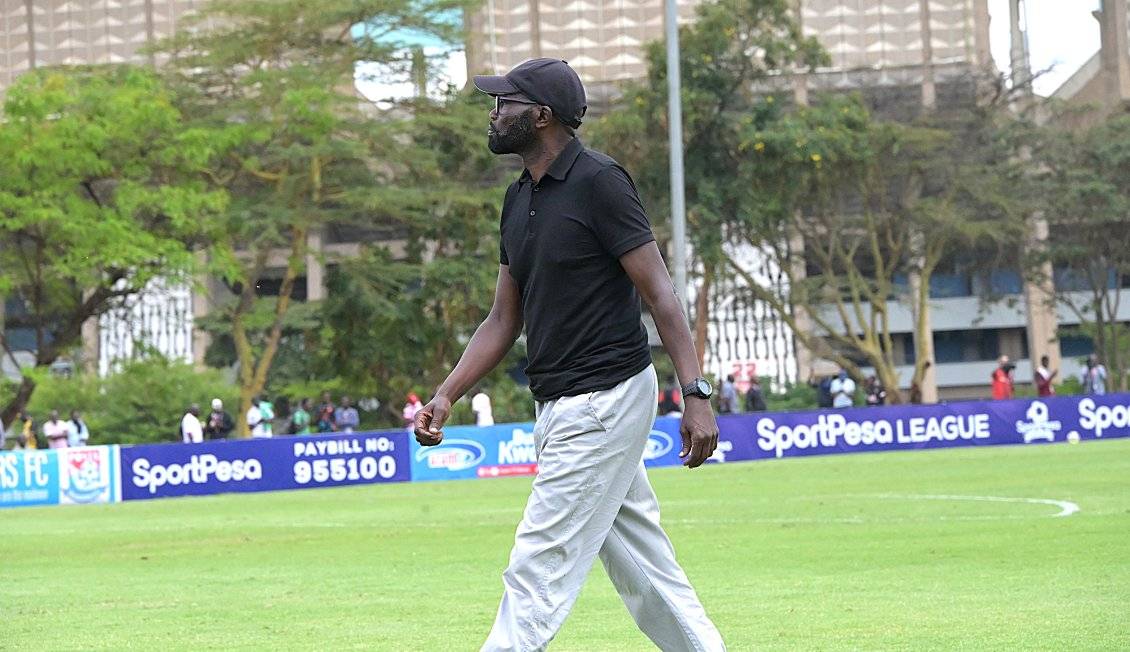European Parliament moves to block Sh23.44 billion aid to Tanzania after post-election violence

Legislators pointed to credible reports of post-election killings and a growing climate of intimidation targeting opposition figures, journalists, civil society organisations and human rights defenders.
The European Parliament on Thursday, November 27, 2025, approved a resolution to cut funding to Tanzania, citing post-election killings, a deteriorating human rights situation and the imprisonment of opposition leader Tundu Lissu.
They adopted the motion with 539 votes in favour, none against and 27 abstentions, potentially blocking a €156 million ($177.27 million or Sh23,444,780,783.77) disbursement under the European Union's 2025 action plan for the country
More To Read
- Tanzania dismisses EU sanctions threat over human rights violations
- Report: Civic space in Kenya shrinking, citizens face restrictions on expression and assembly
- Global HIV response facing worst setback in decades, UNAIDS warns
- Tanzania challenges EU debate on Tundu Lissu and post-election crisis
- ICC urged to probe Tanzania over post-election civilian killings
- US Senate Committee on Foreign Relations calls for probe into Tanzania election violence
Members of the European Parliament (MEPs) condemned what they described as escalating violations of fundamental freedoms in Tanzania following recent elections.
Legislators pointed to credible reports of post-election killings and a growing climate of intimidation targeting opposition figures, journalists, civil society organisations and human rights defenders.
While the decision is non-binding, as it still requires final endorsement by the EU Council and EU Commission before implementation, it marks the beginning of what could become much broader financial repercussions for President Samia Suluhu Hassan's government as it tries to mend its battered global image in the wake of the heavily disputed election.
"MEPs adopted a non-binding resolution, by show of hands, asking the Commission to withdraw a draft decision on the financing of the EU’s Annual Action Plan (AAP) for Tanzania for 2025. MEPs believe the current state of the Commission’s AAP does not fully reflect the democratic and human rights deficiencies in Tanzania in recent years, particularly since October’s fraudulent elections and the violent post-election government crackdown," read a statement by the European Parliament.
Legislators pointed to credible reports of post-election killings and a growing climate of intimidation targeting opposition figures, journalists, civil society organisations and human rights defenders.
Central to the Parliament’s concerns is the continued imprisonment of Tundu Lissu, one of the country’s most prominent opposition leaders.
The resolution forms part of a broader human rights package adopted under reference B10-0505/2025, which also addressed violations in Iran and Tunisia. The decision on Tanzania followed an intense debate on Wednesday in which MEPs faulted President Samia’s administration for presiding over a brutal post-election crackdown.
According to the Parliament, the aftermath of the October 2025 election saw violent repression on an unprecedented scale.
Protesters, many of them young people, took to the streets after what opposition groups called a fraudulent process that barred or detained credible challengers. The election agency later declared President Samia the winner with 98 per cent of the vote.
However, the demonstrations triggered a deadly response. MEPs condemned reports that security forces, acting on apparent shoot-to-kill orders, mowed down protesters and bystanders indiscriminately, leaving thousands dead and with mass graves reported in multiple regions. The Tanzanian government has yet to release official casualty figures, a month after the unrest.
The Parliament demanded the immediate and unconditional release of Lissu, who has been imprisoned since April on treason charges that carry an automatic death sentence if he is convicted.
MEPs also called for an African-led and international investigation into killings, enforced disappearances, torture and other abuses during the election period.
The developments come as President Samia, on November 20, launched a government-led commission of inquiry. She directed it to determine “who paid the youths” to protest, insisting authorities have evidence suggesting external and local actors financed the unrest.
“Your job is to find out not only what rights they want precisely, but also who their paymasters were,” she said.
Top Stories Today











































